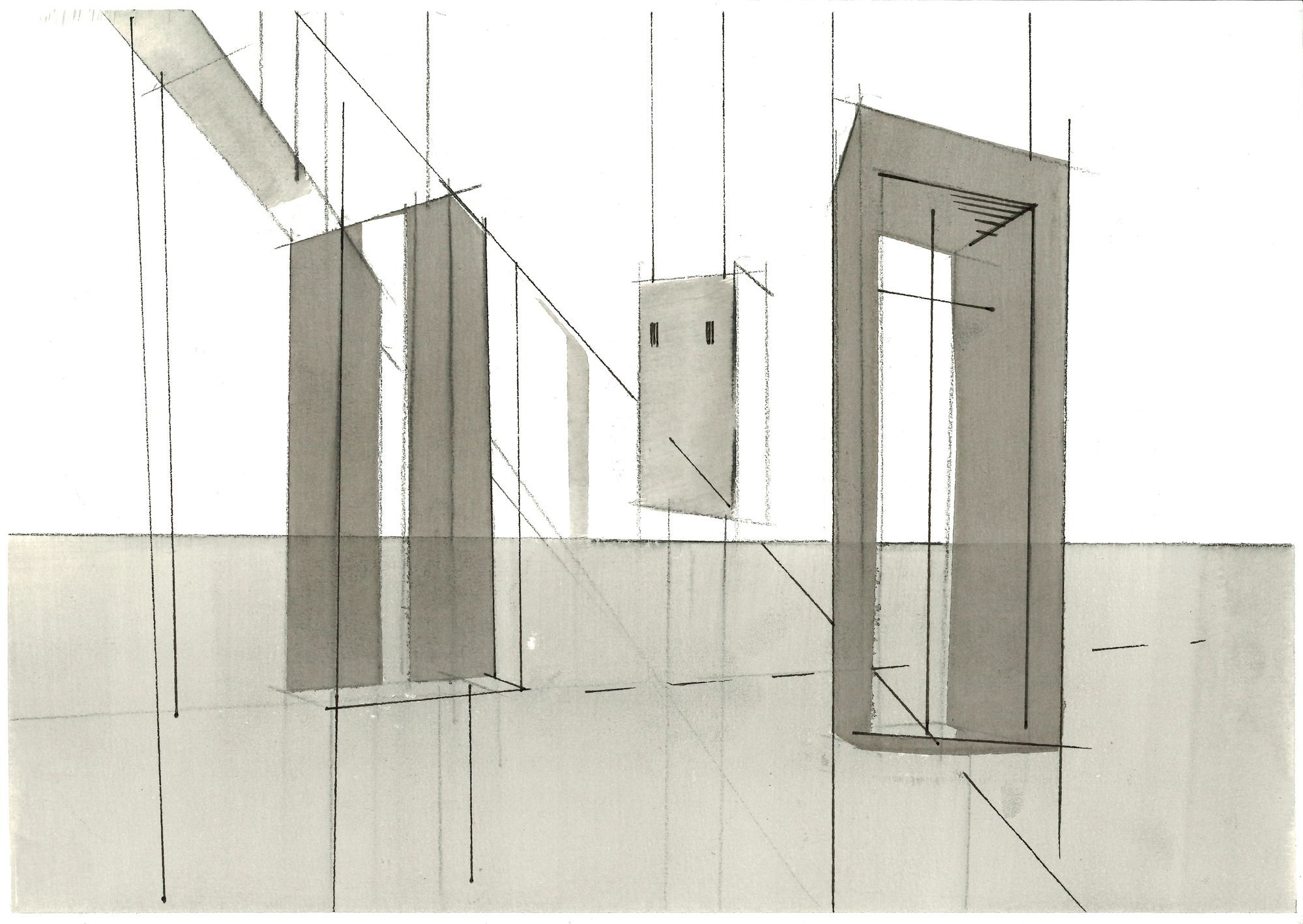Britten and Baroque performed by soloists of the Perm Opera.
Les Illuminations
- Date:
- 30 Oct 2024,
19:00–21:30
- Age restrictions
- 12+
Programme
Henry Purcell (1659–1695)
Claudio Monteverdi (1567–1643)
Antonio Vivaldi (1678–1741)
Alessandro Scarlatti (1660–1725)
Fragments from operas
Benjamin Britten (1913–1976)
Les Illuminations, Op. 18 (1939)
Vocal cycle to poems by Arthur Rimbaud
The fourth concert of the series The Season of Phantasmal Peace offers a precious scattering of fragments from operas of the seventeenth and eighteenth centuries, followed by a performance of Les Illuminations by Benjamin Britten, reminding us of the role which Baroque music played in shaping the style of the greatest English composer of the last century. In his vocal cycle for soprano and string orchestra, composed in 1939, Britten set to music several texts from the collection of the same name by the French poet, Arthur Rimbaud, written in the early 1870s without any of the hallmarks of classical verse—rhythm, rhyme and metrics.
Performed by
Nadezhda Pavlova soprano
Ekaterina Protsenko soprano
Chamber Orchestra of the Perm Opera and Ballet
Vladimir Tkachenko conductor
Presented by Bogdan Korolek

Illustration: Danila Travin
“I alone possess the key to this savage parade,” Rimbaud himself wrote in one of the texts, and Britten purposely opens the score with this line, emphasising the private, almost intimate nature of the collection. Britten makes use of Rimbaud’s fractured, feverish poetry in prose to declare his love for Baroque music with its supersensual perception and reflection of the world. We hear echoes of the recognisable melancholy of the “British Orpheus,” Henry Purcell, and the stile concitato (“agitated style”) of Claudio Monteverdi. In one of his key concert works, Britten anticipated the flood of interest in the Baroque era that marked British culture at the turn of the twentieth and twenty-first centuries, from the cinema of Peter Greenaway and Michael Nyman to the artistic methods of Damien Hirst and Mat Collishaw.
Nadezhda Pavlova (b. 1980, Izhevsk) is a singer. She studied at the Petrozavodsk State Conservatory, where she also completed postgraduate studies in 2011. She has been a soloist at the Perm Opera since 2012/2013. She has also worked at the Bavarian State Opera, Zurich Opera, Hamburg State Opera, and other European theatres. She regularly collaborates with conductor Teodor Currentzis: in 2021 and 2024 she performed the role of Donna Anna in Mozart’s Don Giovanni under his baton in the production by Romeo Castellucci. She has won many professional awards, including the Golden Mask National Theatre Award (2017) and the Casta Diva Opera Award in the “Singer of the Year” nomination (2021).
Ekaterina Protsenko (b. 1991, Taganrog) is a singer. She studied with Irina Bogacheva at the Saint Petersburg Conservatory and graduated from the Vienna University of Music and Performing Arts in the classes of Edith Lienbacher and Florian Boesch (2021). She was a soloist at the Theater an der Wien (Vienna) in 2020–2023, performing the roles of Euridice in Gluck’s Orpheo ed Euridice, Isifile in Cavalli’s Giasone and others. Since 2023/2024 she has been a soloist with the Perm Opera. She has performed at such prestigious venues as the Konzerthaus and Musikverein in Vienna and the Tonhalle in Düsseldorf.
Vladimir Tkachenko (b. 1983, Dnepropetrovsk) is a conductor. He graduated from the Saint Petersburg Conservatory in 2007 and completed postgraduate studies there in 2009, continuing his studies at ADADS (Accademia Dell’Arte Dello Spettacolo) in Piacenza, Italy (2014–2015) and the Hochschule für Musik Hanns Eisler Berlin (2016). From 2019/2020 he worked as concertmaster and conductor at the Perm Opera, where he was appointed principal conductor in November 2023. Vladimir Tkachenko has conducted world premieres of the ballet Sevagin/Samodurov/Pimonov to music by Antonio Vivaldi, Vladimir Rannev and Anton Svetlichny (2022) and of the opera The Human Voice by Francis Poulenc with prologue and epilogue by Vladimir Gorlinsky (2023). He was short-listed for the Golden Mask National Theatre Award in 2024.

